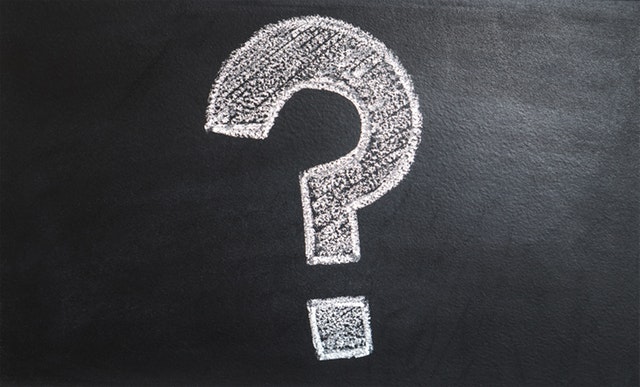If you’re ready to buy a house, and you want it to go well and don’t want to regret your decision, here are some questions you should ask yourself first.
-
Do I have money in the bank?
Mortgage lenders like it when you have enough money for a 20 percent down payment. For example, if you’re going to buy a $200,000 home, that’s $40,000. The good news? You don’t have to have 20 percent, with some financing options requiring as little as 3 percent of the purchase price, and others 10 percent to 20 percent. For that $200,000 home, 3 percent for a down payment would be $6,000, which may seem a bit more attainable. So, you can probably avoid having to save up tens of thousands of dollars if you want a house. But you should still save some money for property taxes, mortgage insurance, a title search fee, and a home inspection, among other charges.
-
Am I carrying a lot of debt?
A lender may prequalify you, but if you carry too much debt you could wind up being house poor. That means you own a house, but a large part of your pay goes to your mortgage and you’re left with little money for other things.
As a rule of thumb, most experts recommend not spending more than 30 percent of your monthly salary on your house. And lenders generally won’t approve a home to somebody who, after purchasing a property, will then have a debt-to-income ratio of 43 percent or more (that is, 43 percent of your salary is going toward paying debt). If you have some student loans, credit card debt and a car loan already, that won’t necessarily preclude lenders from approving you to borrow money for a house. But if your debt is severe enough, it might.
-
Did I just start a new job?
A lender might not mind if you just started a new job, particularly if you’ve been on the same career path for some time and your work profile looks stable. But lenders do like to see stability, meaning they look to see if you’ve been job-hopping for the past few years or if you were unemployed for a while and only recently began working somewhere again. To purchase a home, you must be in good standing in your job for at least two years, and if you are in a 1099 job, then you must be in good standing for three years.
-
Do I plan on starting a new job soon?
That’s probably fine, especially if you don’t make the switch before you get approved for a home loan. The point of asking yourself that question, however, is to think about where your life is right now. You want a house, but do you like the area you’re living in? Do you think you’ll stay there for a while? That’s important if you don’t want to find yourself selling it in a few years, possibly at a loss. If you can’t commit to staying put for at least a few years, it’s probably not going to make sense to buy. Homeownership is like any other investment, meaning it grows over time.
-
After I buy the house, will I have any money left?
Even if you aren’t carrying a lot of debt, and everything seems to line up for a home, will you have the cash to care for your house? Problems happen, and you’re going to need money to keep your home running. As a renter, you probably were used to calling your landlord to fix and pay for any problems that arose. As a homeowner, you have no one to call but yourself. Of course, you could buy a condo and avoid a lot of expenses, such as outside maintenance. On the other hand, you likely will have to pay condominium or homeowner’s association fees. It all goes back to the idea that you don’t want to be house rich but cash poor.
-
Do I have a low credit score?
You can buy a house without having excellent or even good credit, just because you can get approval for a house doesn’t mean you should try to, especially if your credit score is in the basement. Try to build up your credit score so you can enjoy lower interest rates and lower monthly payments. A score of 760 and above is an excellent credit score and will guarantee you an excellent rate. The more debt you pay off and the more you pay your bills on time, the better off you’ll be. The bottom line is that if you want a good loan, your credit score needs to be reasonably healthy, especially if you want something more than a starter home.



